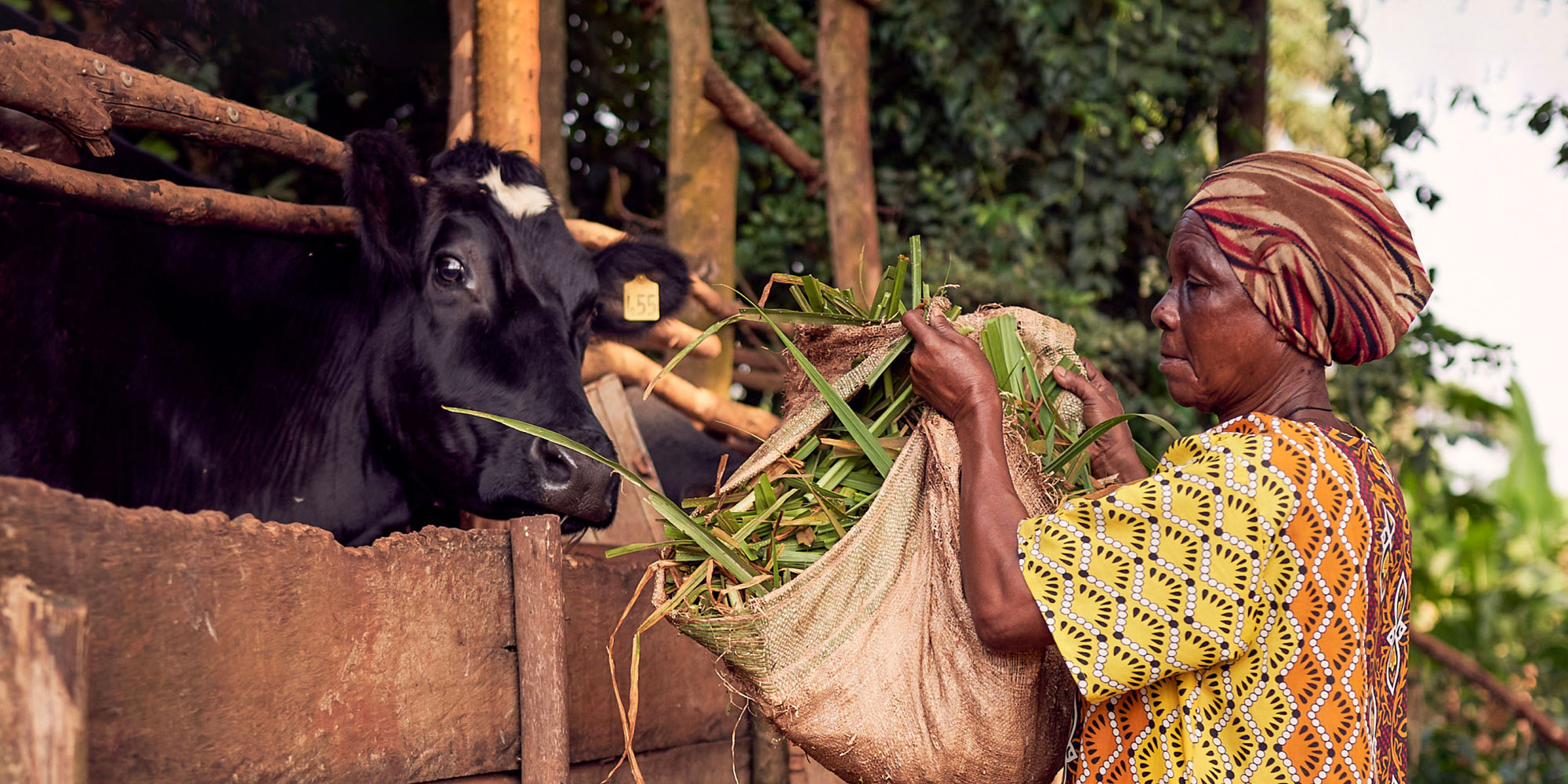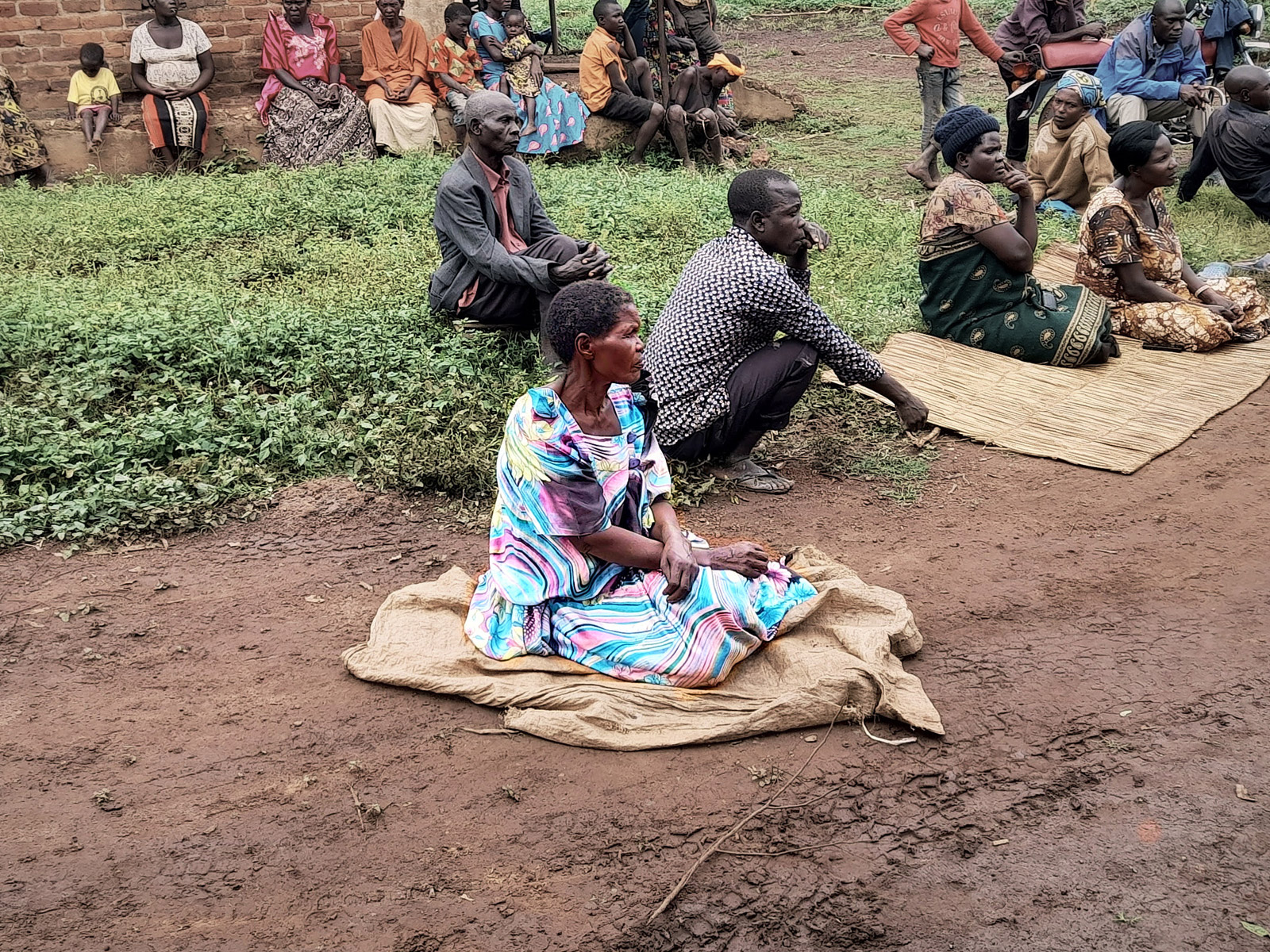Theory of Change
Using Small-Scale Interventions to Create Big-Scale Impact

Our Theory of Change
Law enforcement
leads to
Deterrence
Deterrence leads
to
safety
Safety leads
to
prosperity
Changing Outcomes By Changing Incentives
Land theft is, at its core, an economically motivated crime. People steal land from widows and orphans because it is a highly profitable crime and the risk is low that they will be held accountable for it.
In Uganda, one in three widows will have her land stolen from her. And even those who don’t fall victim will live under the constant threat of being torn from their homes.
When laws are enforced, crime becomes more risky and less profitable for would-be criminals.
Every time a land thief is prosecuted, we make it more likely that thieves will be punished for their crimes. Every time a victim is restored, we make it less likely that land thieves will be able to profit from their crimes. And every time we broadcast these results, we amplify the deterrent impact on potential criminals.
When criminals are deterred, all widows and orphans in the community are able to live in safety.
In an environment where stealing land has a low reward (because it has a low chance of success) and high risk (because criminals are likely to be punished for their crime), victimization rates drop dramatically, protecting all of the widows and orphans in the community.
When widows and orphans are safe, they are able to invest in their homes, their land, and their futures.
Widows and orphans don’t need a handout. They need the safety that is often taken for granted in safer places. Freed from the fear that their property will be stolen from them or will make them a target of violence, these strong, resourceful women and children can—and will—prosper.

Measuring What
Matters Most
The goal of our Intervention Teams is not just to aid individual widows and orphans, but to prevent future abuses by deterring potential criminals. Accordingly, we measure the ultimate success or failure of each Intervention Team by the number of abuses the team prevents and the number of people it protects.
Abuses Prevented:
The estimated number of widows, orphans, and dependents who would have lost their homes but did not because of Redeem’s intervention.
People Protected:
The total number of widows, orphans, and dependents who are able to prosper in safety because of the deterrent impact of Redeem’s intervention.
Projected Impact of Intervention Teams
Abuses Prevented
0
People Protected
0
Numbers based on demographic data, population trends, and a projected 50% victimization rate reduction in the communities served by our active Intervention Teams.

Sarah's Story of Redemption
For a widow like Sarah, a piece of paper and a small concrete block in the ground can change the course of the future.